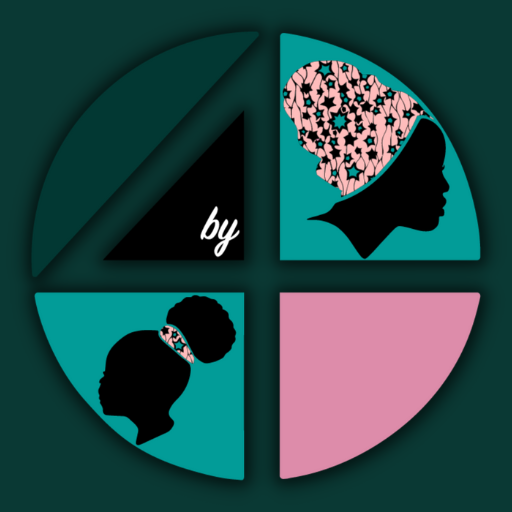Each day, nearly 28 women die from cervical cancer in Nigeria. Angela Akumuo, my sister-in law, was one of them in the summer of 2021. She was 53 years old. Her death, like those of many women who continue to die from cervical cancer in Nigeria and globally, could have been prevented. It was also discovered late. She lived in pain for years, and died within 3 months of finally opening up about her illness. There are so many effective evidence-based tools to prevent, diagnose or treat cervical cancer. Research too, with the field of dissemination and implementation science, my chosen field of study. Yet, why are women, like my sister in-law, in the prime of their lives, still dying from cervical cancer in Africa?
Look at the state of cervical cancer in Nigeria and many other African countries and you’ll understand. With an estimated population of 206 million individuals, Nigeria has over 56 million women aged 15 years and above who are at risk of developing cervical cancer. Most cases of cervical cancer are caused by human papillomavirus, with 67% attributed to HPV 16 and 18. As a result, the government recommends screening for cervical cancer from aged 30. Young girls and women are recommended to get vaccinated as well from age 9. Yet less that 10% of eligible women are screened and 14% of girls are vaccinated. Is it any wonder that cervical cancer remains the second most common cancer among women in Nigeria, also one of the most preventable?
In 2020, nearly three years ago, the World Health Organization (WHO) and 194 countries, pledged for the first time to eliminate cervical cancer by pursing three key steps: vaccination, screening and treatment. A recent costing exercise by WHO for the Nigerian government’s strategic plan on prevention and control of cervical cancer estimated that $18.1 million will be needed to fully immunize Nigerian girls at $3.98 per girl aged 9-13 years, $919 million will be needed to provide 24.8 million screening services and 2.2 million pre-cancer treatments, while $59 million will be required for cancer diagnosis, treatment and palliative care. Right now, Nigeria dedicates 5.75 percent of its budget to health with about N81 billion naira (roughly $100 million dollars) to health care services, all of which are insufficient to help the country reach its global goals for cervical cancer elimination by 2030. The cost of vaccination, screening and treatment remains an obstacle for many Nigerian women and girls. So, it’s no surprise then that Nigerian researchers and key stakeholders are turning back to Nigerians themselves to find innovative ways to lead the national response to eliminate cervical cancer.
Enter For girls and women by girls and women. This new crowdsourcing program led by myself and researchers at the Nigerian Institute of Medical Research led by Dr. Oliver Ezechi and the University of North Carolina, Chapel Hill, led by Dr. Joseph Tucker, is the latest from our, for youth by youth group, that has spent the past five years working to promote HIV self-testing with Nigerian youths themselves using crowdsourcing open calls, 48-hours designathons, month-long innovation boot camps and subsequent implementation of finalist programs in community settings. Crowdsourcing allows large number of people to become involved and engaged in developing solutions to health issues. Our program, now in its fifth year, boldly displays how Nigerian youth themselves can be partners and leaders with HIV prevention interventions and not just beneficiaries of interventions designed by researchers alone. Interventions created by the group, has led to an increase in HIV self-testing from 29% at baseline to 90% at 3 months follow.
We are striving to repeat the same success but this time with HPV vaccination among girls and HPV screening among their mothers or female caregivers. We know that the thought of cervical cancer may strike fear in people’s heart, producing a deep sense of powerlessness. But it is possible to act against it by partnering with us to lead the design and implementation of HPV campaigns, particularly HPV vaccination of young girls and HPV screening of eligible women. Our crowdsourcing open calls will be launched in Nigeria this January and it is our hope that through our program goals, Nigerian girls and women can become prime leaders in designing, implementing and evaluating interventions that increase uptake of HPV vaccinations and HPV screening, while eliminating cervical cancer as we know it.
Angela Akunmo may have died from a disease so preventable. However, through the launch of the crowdsourcing open calls for HPV campaigns for girls and women by girls and women, her death will not be in vain.

